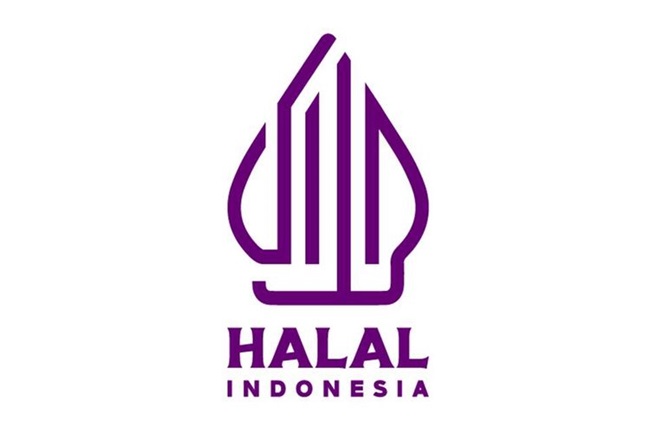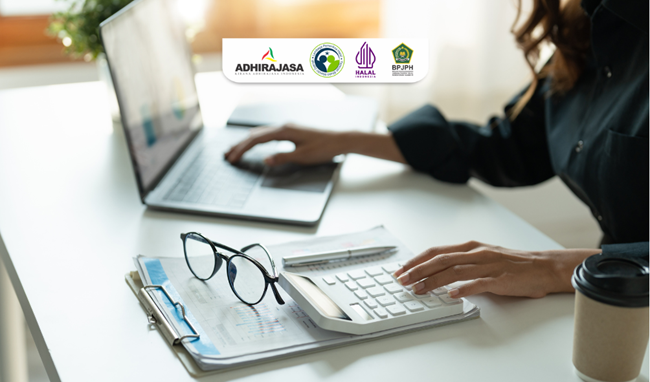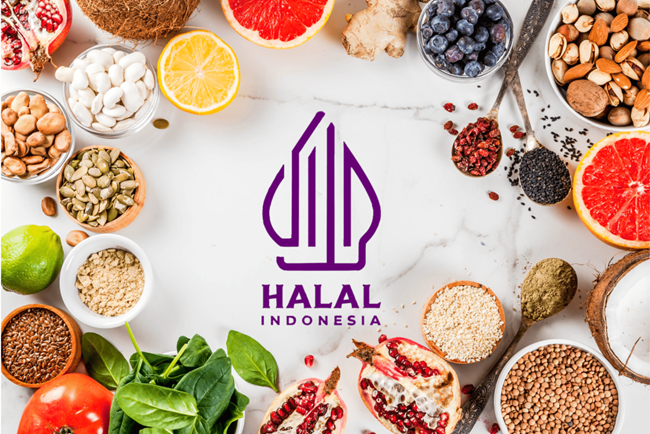 SHARE
SHARE
2 Most Effective Methods for Halal Certification for Your Culinary Business!
Rizki Amelia
As a business operator in the culinary field, halal compliance is one of the main factors for products to be accepted by the Indonesian public. Therefore, halal certification has become a necessity for culinary business operators.
There are many reasons why halal certification is important for culinary businesses. One is that it serves as evidence that the products you sell have gone through an evaluation and testing process to ensure they are halal according to the regulations set by the Indonesian Ulema Council (MUI).
According to halalmui.org, the MUI halal certificate involves three institutions: BPJPH, LPPOM MUI, and MUI. The Halal Product Assurance Agency (BPJPH) manages halal product assurance.
LPPOM MUI is responsible for checking the sufficiency of documents, scheduling audits, conducting audits, holding auditor meetings, issuing audit memoranda, and storing the minutes of audit results in the MUI Fatwa Commission meetings.
So, what products must have MUI halal certification? These include cosmetics, food products, pharmaceuticals, and consumer goods (chemicals, soap, detergent, leather, water filters).
MUI has special authority to determine the halal status of products.
Regarding the methods, there are two methods for obtaining MUI halal certification: self-declare and regular method. For you, micro, small, and medium enterprises (UMKM) operators, it is essential to understand both methods due to regulations on halal certification based on Law Number 33 of 2014 concerning Halal Product Assurance.
Differences Between Self-Declare and Regular Method?

Source: sertifikasihalalindonesia.com
Self-Declare
The self-declared method is an MUI halal certification based on the statement of the business operator and is applicable to micro and small-scale businesses with product items. There is a halal product process assistant registered with BPJPH as the product inspector. The halal designation will be made by the Halal Product Fatwa Committee.
The initial steps you need to prepare are:
- Register for halal certification at ptsp.halal.go.id (SIHALAL)
- The PPH assistant conducts verification and validation of the business operator's statement
- Then, BPJPH verifies and validates the results of the assistance report and issues an STTD
- The Fatwa Commission conducts a fatwa session the determine the halal status of the product
- BPJPH issues the halal certificate
- The business operator downloads the halal certificate
There are no fees for halal certification using the self-declare method, as the registration and halal determination fee of IDR 300,000 is covered by the State Revenue and Expenditure Budget (APBN), both at the central and regional levels, as well as facilities from state/private institutions.
Also, don’t forget to prepare the required documents before processing the MUI halal certification, such as:
- Application letter
- Legal aspects (NIB)
- Halal supervisor documents
- List of products and materials used
- Product processing procedures
- Halal Product Assurance System Manual (SJPH)
- Halal declaration from the business operator
Regular Method
The regular method is for large, medium, small, and micro enterprises, with products sold being goods and services. The halal auditors in the LPH act as inspectors and the halal status is determined by the MUI Fatwa Commission and the Halal Product Fatwa Committee.
Here are the document requirements for applying for MUI halal certification:
- Business Identification Number (NIB)
- Application for Halal Certification addressed to the Head of BPJPH
- Halal supervisor documents
- List of products and materials used
- Product processing procedures
- Halal Product Assurance System Manual (SJPH)
How to Apply for MUI Halal Certification

Source: Tangerangkota.go.id
Here’s how to apply for MUI halal certification:
- Business operators register for halal certification at ptsp.halal.go.id (SIHALAL)
- BPJPH will verify the documents
- LPH will calculate and input the examination costs in SIHALAL
- BPJPH will issue a payment invoice
- The business operator is required to pay and upload proof of payment in SIHALAL
- BPJPH will verify the proof of payment and issue a Letter of Receipt of Support (STTD)
- LPH will conduct product testing and inspection
- The Fatwa Commission will conduct a fatwa session for the determination of the product’s halal status
- BPJPH issues the halal certificate
- The business operator can download the halal certificate
To obtain this MUI halal certification, you must pay IDR 300,000 for registration and halal determination. Additionally, the cost for halal product examination by LPH is IDR 350,000. However, this fee does not include laboratory testing and is separate from field inspection accommodations.
You can contact the Halal certification service call center at WhatsApp number: 0811 1068 3146, Email: [email protected], and Call: 146 for further information.
 SHARE
SHARE





